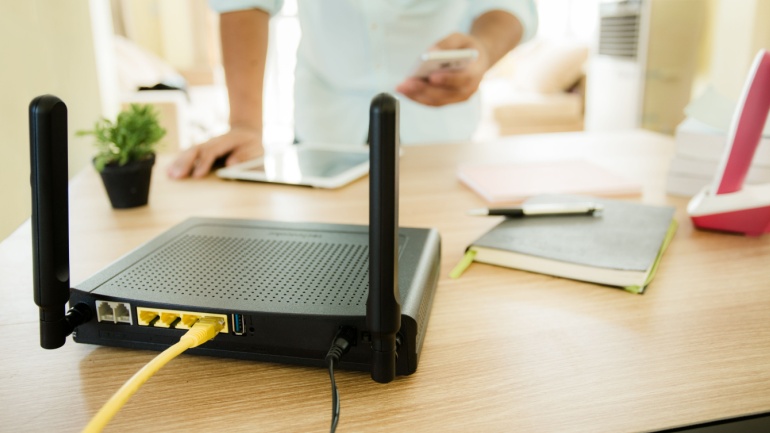The lapse of the Federal Communications Commission’s (FCC) authority to auction spectrum has reached a one-year milestone, casting a shadow over the United States’ telecommunications landscape and its position on the global stage. This standstill not only reflects the pervasive partisanship and dysfunction within the US government but also threatens the country’s innovative edge and economic competitiveness.
In the previous year, the International Telecommunication Union (ITU) and the World Radiocommunication Conference (WRC-23) took significant steps by allocating additional frequencies in the 6 GHz band for International Mobile Technologies (IMT) and setting rules for the use of the 2-GHz and 2.6-GHz spectrum by high-altitude platform stations (HAPS). These advancements promised to catalyze new services, businesses, and economic growth. However, the United States finds itself in a precarious situation due to the Senate’s failure to renew the FCC’s spectrum auction authority—a first in three decades.
The repercussions of this deadlock are evident. For instance, T-Mobile US experienced a direct impact when, after investing $304 million in 2.5-GHz spectrum, it faced delays in allocation due to the FCC’s expired authority, further exacerbated by AT&T’s competition concerns. Despite these challenges, T-Mobile recently commenced activation of its spectrum, underscoring the urgent need for resolution.
Industry leaders, including CTIA President Meredith Attwell Baker and Competitive Carriers Association CEO Tim Donovan, have voiced concerns over the United States falling behind in the global race for 5G deployment and beyond. They stress the necessity of spectrum access for competitive carriers to meet the growing demand for wireless connectivity and to advance the nation’s technological leadership.
FCC Chairwoman Jessica Rosenworcel expressed the agency’s determination to explore alternative spectrum allocation methods in the interim. She remains optimistic about reinstating the FCC’s auction authority to continue fostering innovation and economic development. However, with the upcoming election poised to be highly contentious, the path forward remains uncertain, underscoring the critical nature of resolving this impasse for the benefit of consumers and the broader economy.







